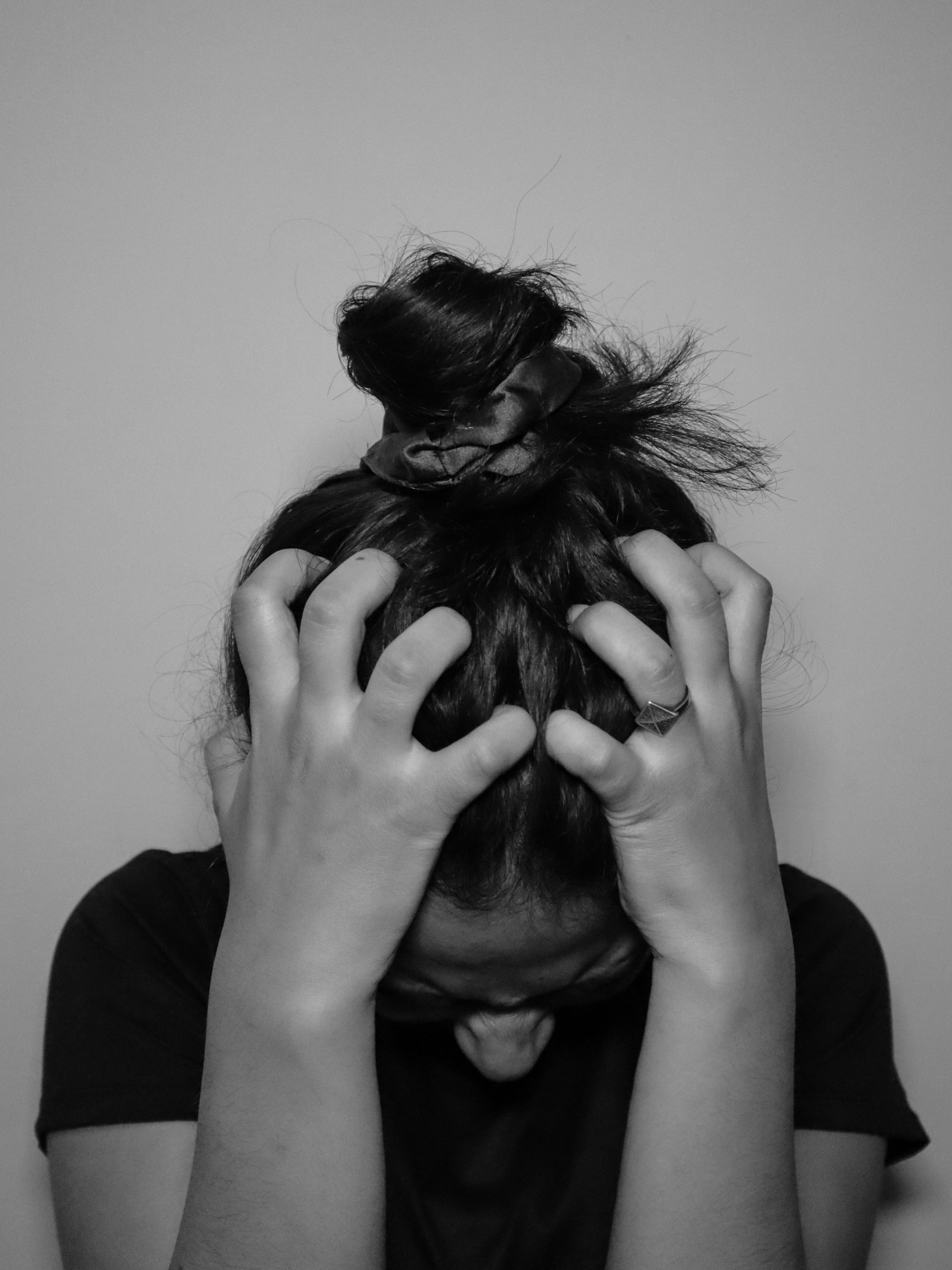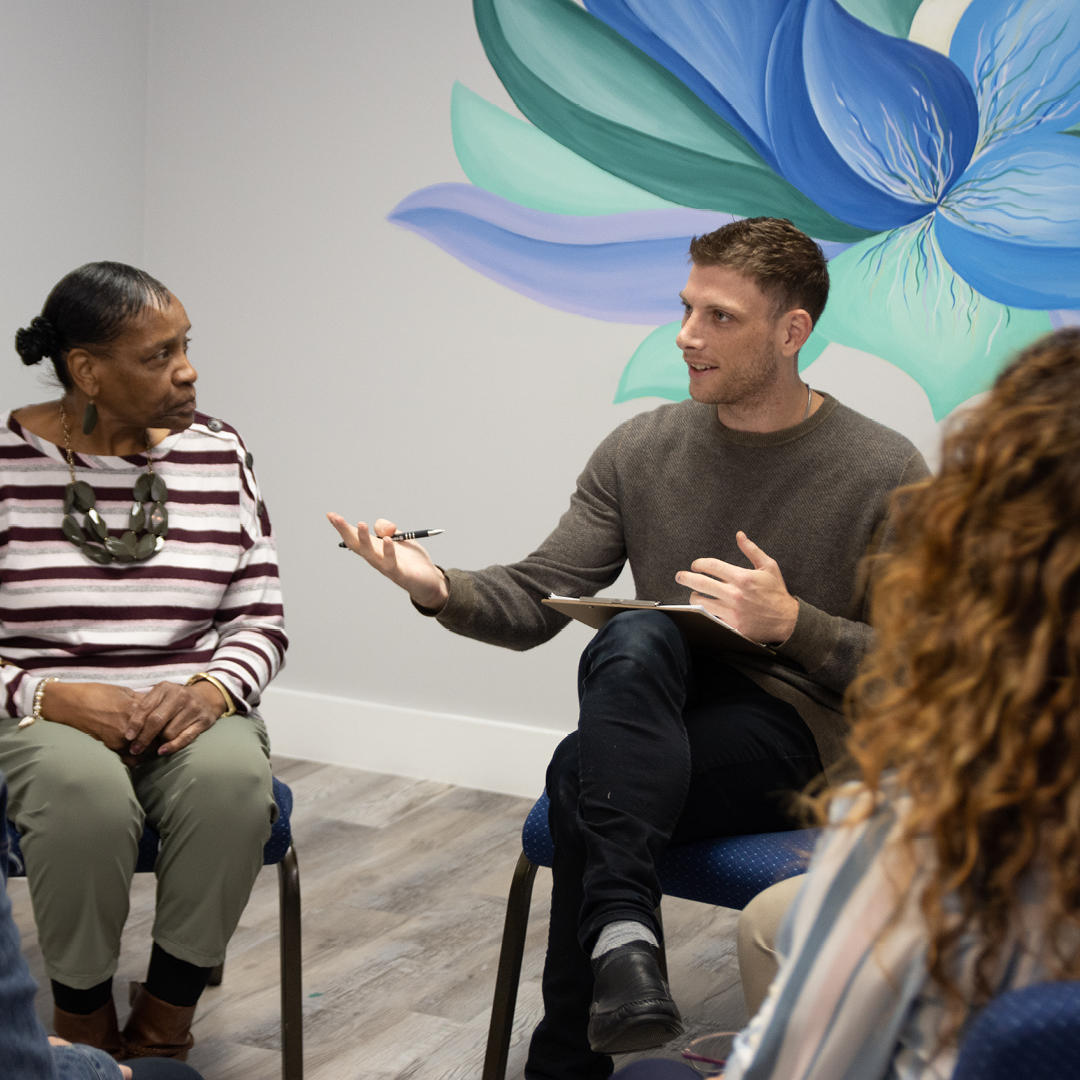The Sylvia Brafman Mental Health Center, located in the heart of Florida, is a leading provider of evidence-based treatment of bipolar disorders. We offer a variety of treatment options tailored to each individual’s needs. Our center, nestled in beautiful Broward County and just a short drive from Miami, Fort Lauderdale, West Palm Beach, Boca Raton, Hollywood, Coral Gables, Key West, and Pompano Beach, is renowned for its exceptional care and commitment to patient well-being.
We understand that coping with bipolar disorders can be daunting, so we’re here to help. At The Sylvia Brafman Mental Health Center, we believe in empowering our patients through comprehensive psychotherapy, outpatient and inpatient programs, medication options, and support groups. If you or a loved one are experiencing symptoms of a bipolar disorder, don’t hesitate to reach out. We’re here to help guide you on your journey towards recovery. Whether you’re dealing with hallucinations, cognitive impairment, delusions, or seeking more information about symptoms, our dedicated team is ready to provide the support you need. Don’t wait another day – call us today to learn more about The Sylvia Brafman Mental Health Centers unique treatment programs for bipolar disorders.












